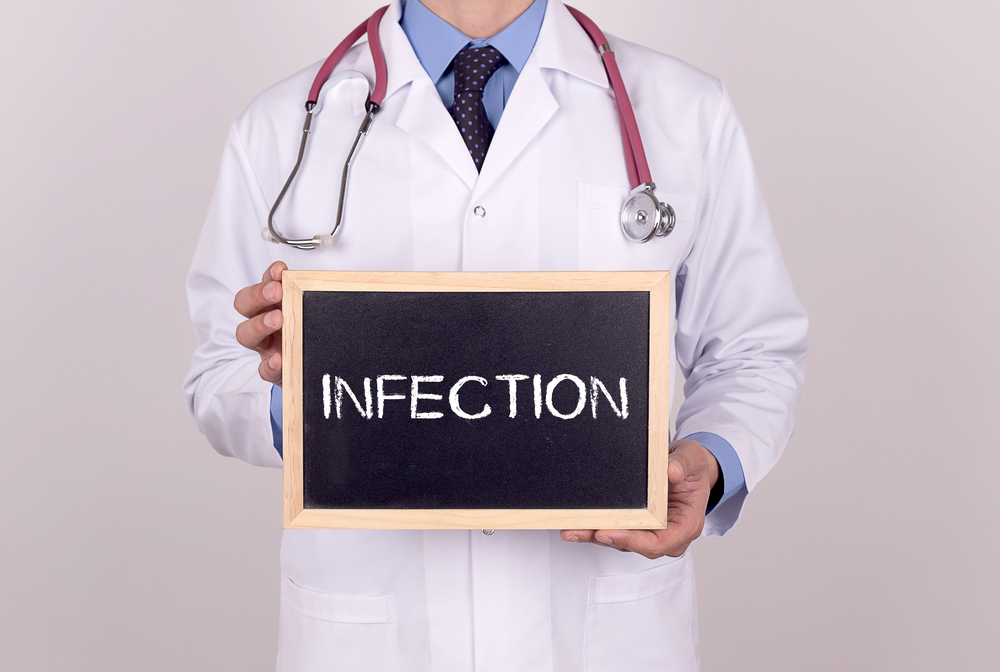Sarcoidosis Patients Have Increased Risk of Hospital Infection, Finds Study That Spanned 35+ Years

Sarcoidosis patients are two times more susceptible to hospitalized infection than the general population, especially those treated with glucocorticoid therapy, according to results of a new study.
The study, titled “Sarcoidosis Increases Risk Of Hospitalized Infection: A Population-Based Study 1976-2013,” was published in the journal Annals of the American Thoracic Society.
Patients on immunosuppressive treatment for autoimmune disorders, such as those with sarcoidosis, lupus or rheumatoid arthritis, are at higher risk of infections because their immune system is affected by the medication. However, data on the association between infection and sarcoidosis remain limited.
Researchers used the Rochester Epidemiology Project database to have access to medical data of 345 sarcoidosis patients in Olmsted County, Minn., from 1976-2013. Medical data included parameters such as baseline pulmonary function test (PFT), total lung capacity (TLC), forced vital capacity (FVC), forced expiratory volume in 1 second (FEV1), and diffusing capacity of the lung for carbon monoxide (DLCO).
Infections analyzed included urinary tract infection, pneumonia, osteomyelitis, lower respiratory tract infections, skin and soft tissue infections, gastrointestinal infection (gastroenteritis and colitis), and intra-abdominal infections, among others.
Each patient was then matched to an individual without sarcoidosis with the same age and gender, selected from the same population, to compare the overall incidence of hospitalized infection and type of infection. Researchers also investigated the possible association between use of immunosuppressive agents and hospitalized infections.
Results showed that the risk of hospitalized infection was higher among patients with sarcoidosis. In general, this increased risk tended to be associated with all specific types of infection.
Treatment with oral glucocorticoids was found to be significantly associated with a high number of hospitalized infections.
“An increased risk of hospitalized infection was observed in this cohort of patients with incident sarcoidosis. The risk was increased by approximately 2-fold compared with sex and age-matched comparators. Use of glucocorticoids was a significant predictor for hospitalized infection among patients with sarcoidosis.” the researchers concluded.
But sarcoidosis patients not treated with glucocorticoids also had a significantly higher risk of hospitalized infections than their healthy counterparts, so the use of glucocorticoids may simply enhance an existing risk.
“[T]he increased risk could be a consequence of immunosuppression resulting from exposure to immunosuppressive agents used to treat sarcoidosis,” the researchers wrote. “Increased susceptibility to infection is a well-recognized complication of therapy with immunosuppressive agents, particularly glucocorticoids.”
“The second possible explanation is related to immune dysregulation found in sarcoidosis. … Although cellular immunity is [increased] in affected tissues, the peripheral immune response appears to be suppressed in sarcoidosis.” the authors wrote, adding that another explanation could be that “local factors may also predispose patients to specific organ infections. … For example, skin lesions from sarcoidosis may predispose the patients to skin infection.”






